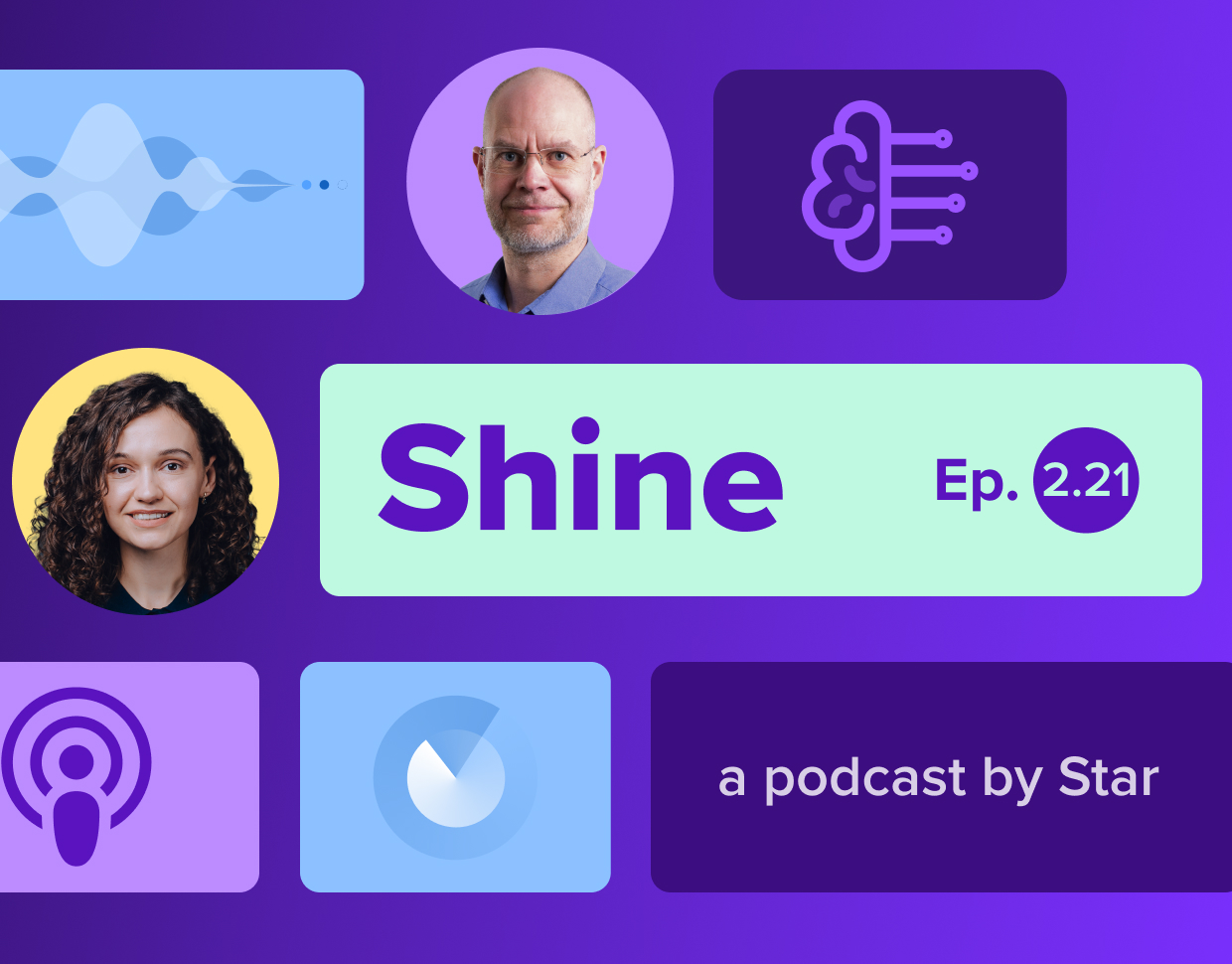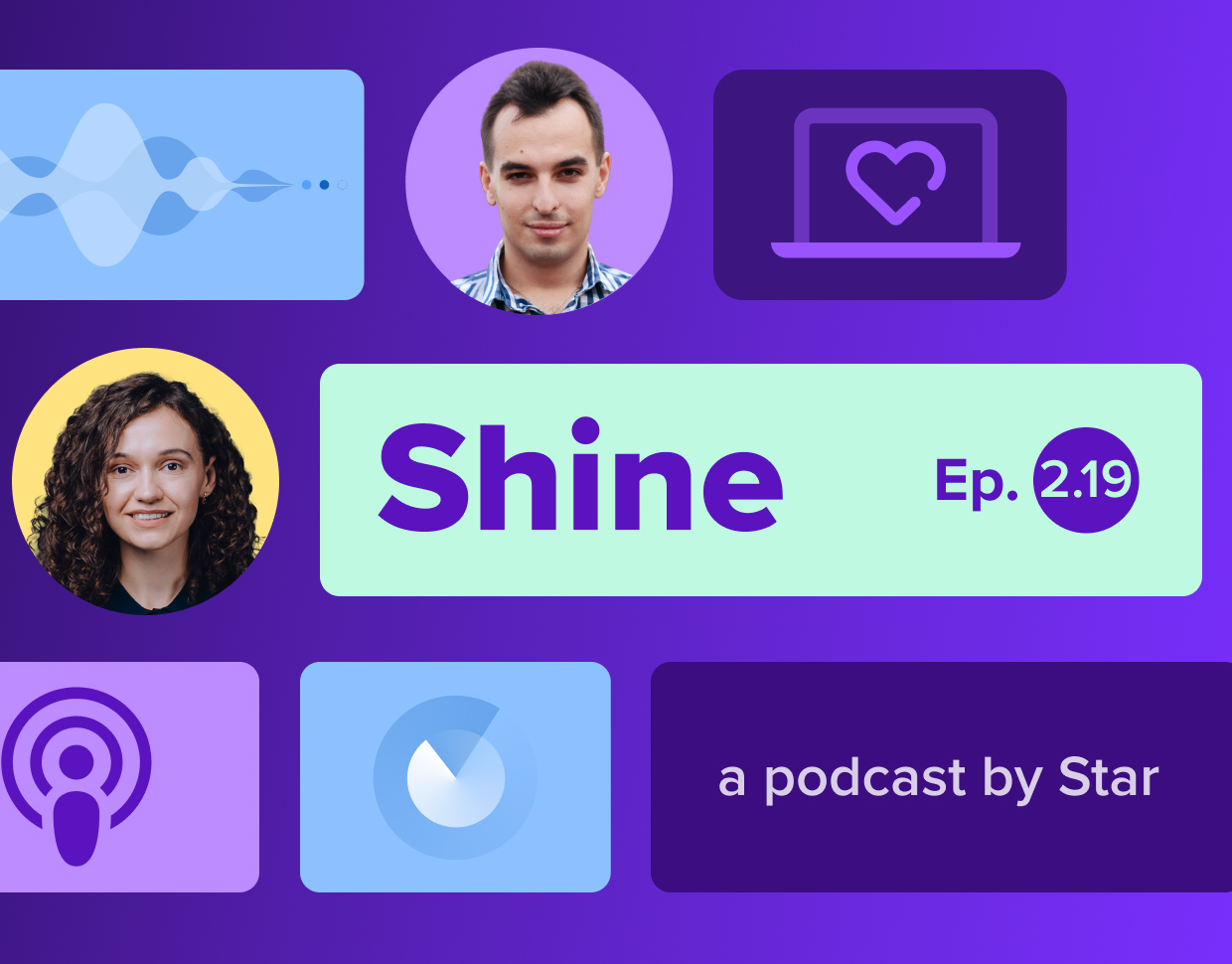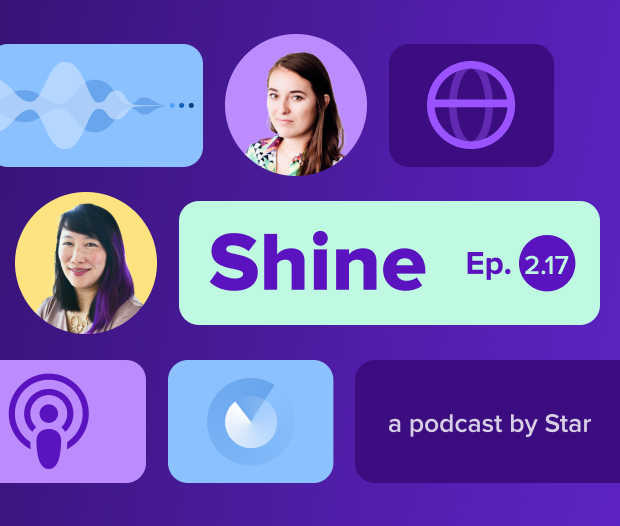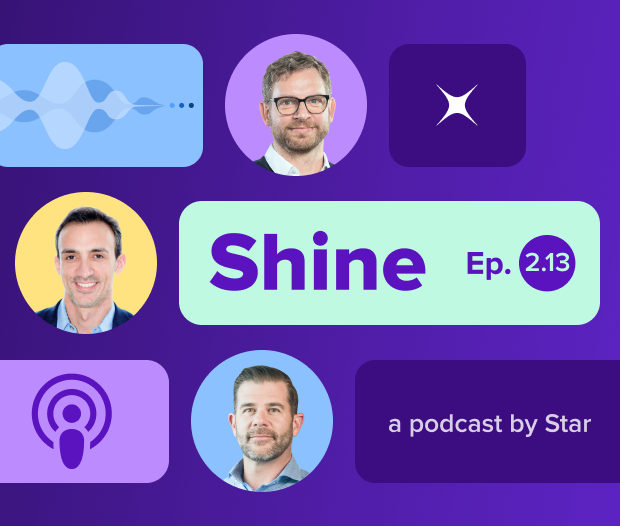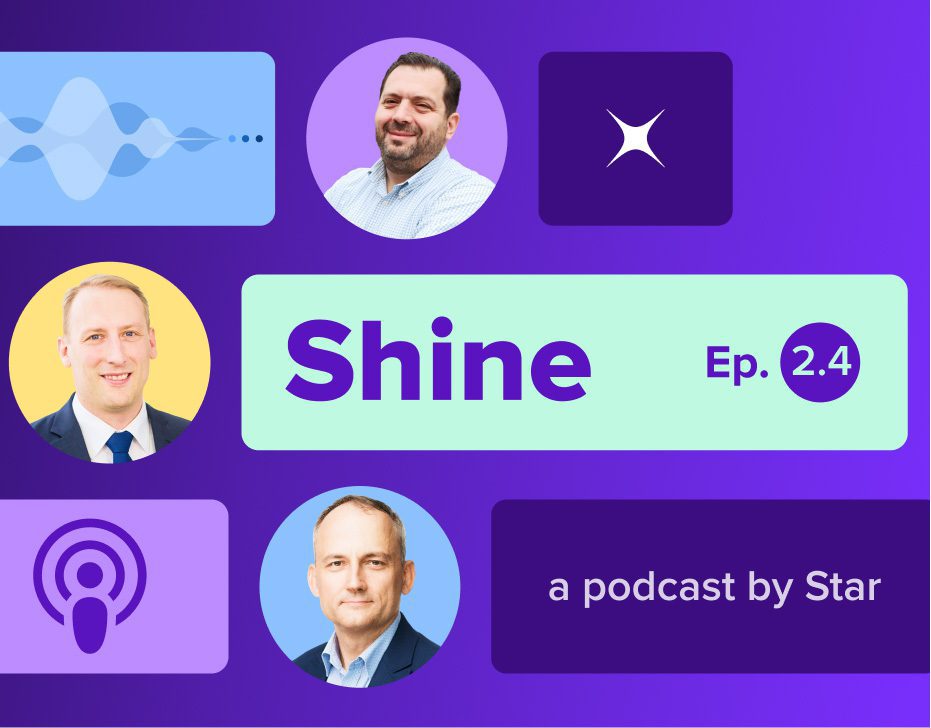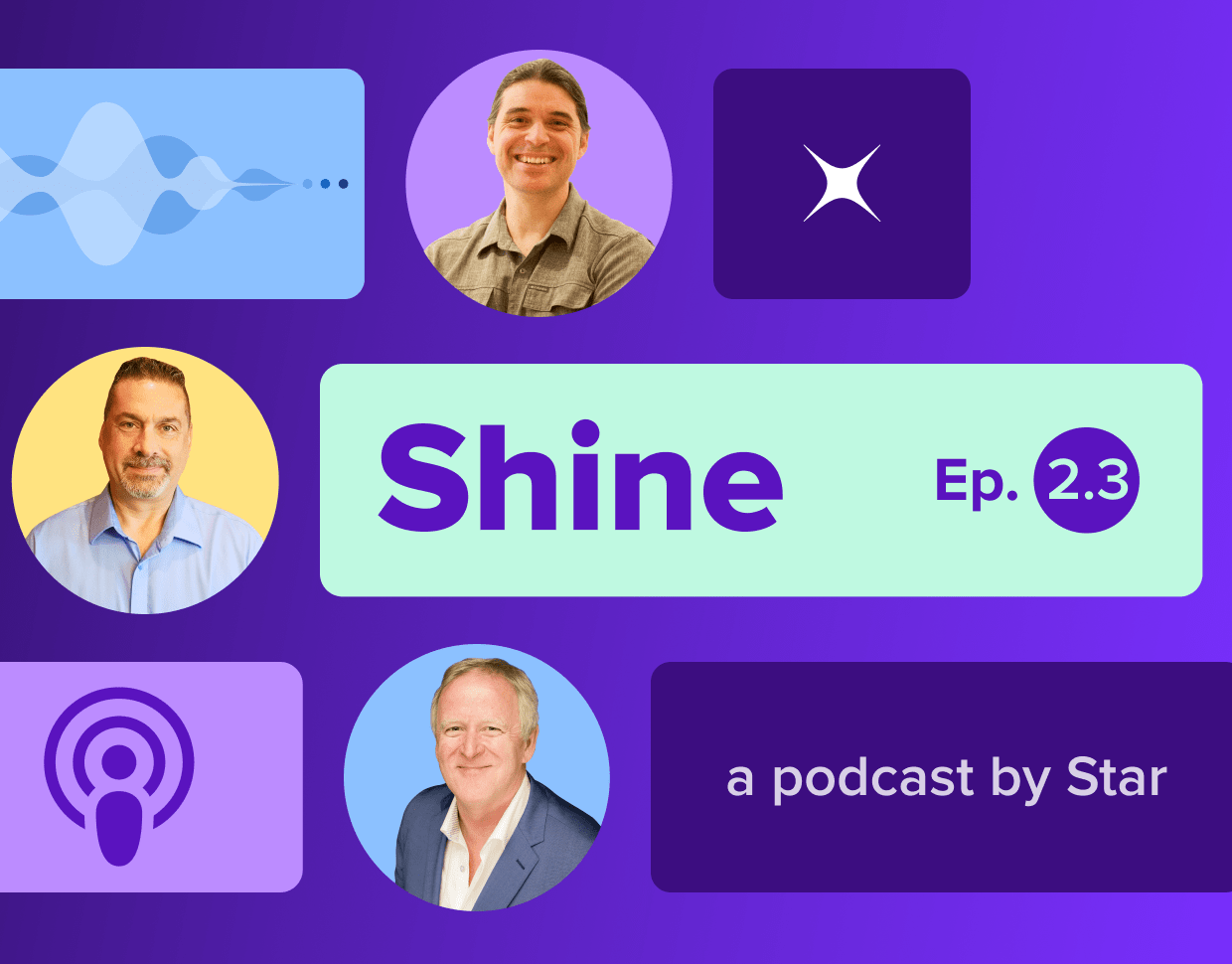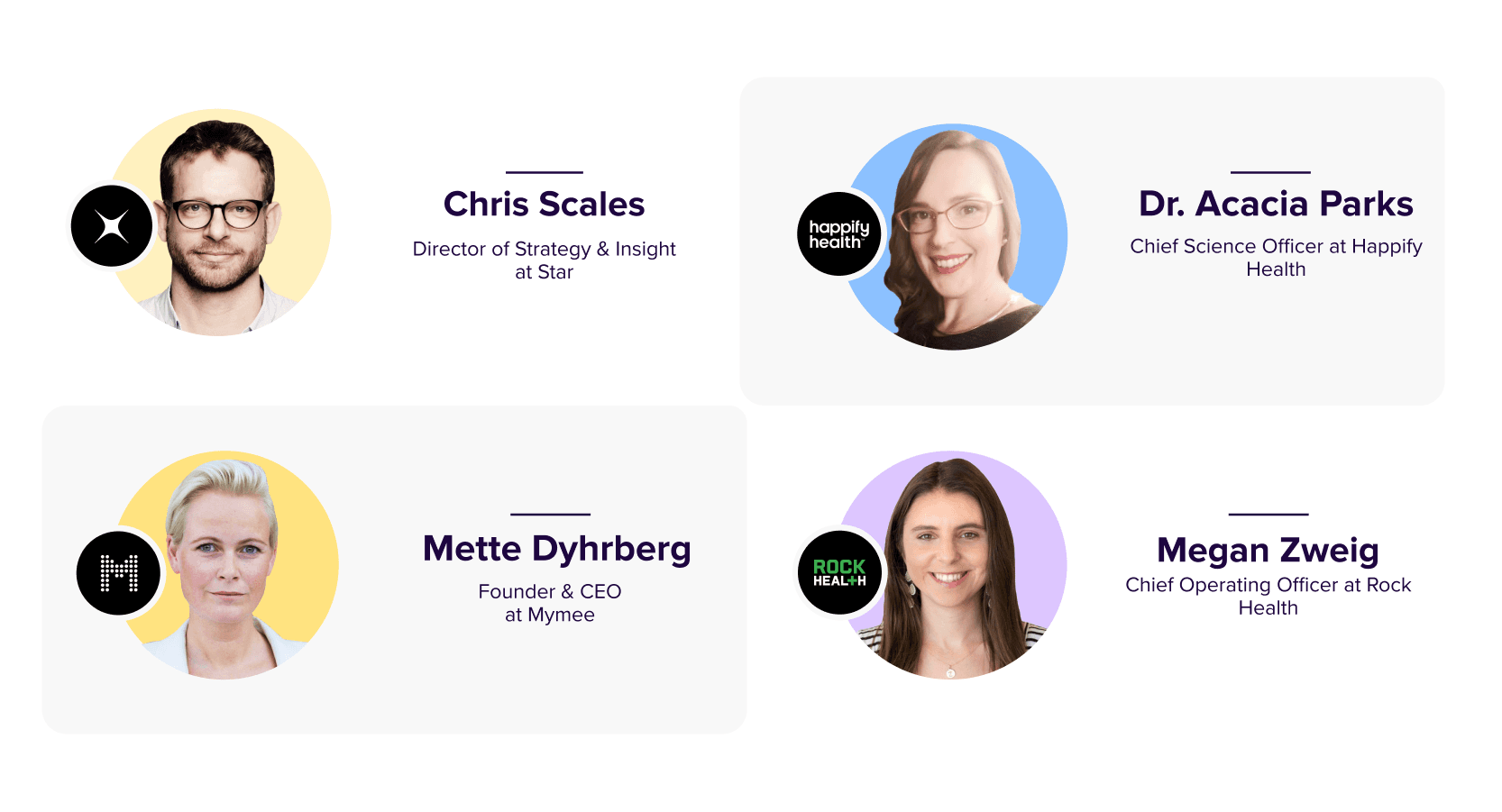
For the first time, people are finally being empowered to talk about their mental health. From celebrities and politicians to business leaders and more, people are opening up and some of the stigma around it is finally starting to lift.
Simultaneously, we are seeing a true breakout moment in digital therapeutics (DTx) and mental health technologies that increase accessibility, improve outcomes, lower costs and redefine care delivery.
What does this mean for patients, providers and enterprises? Find out in this star-studded episode of Shine with guests from Happify, Mymee and Rock Health.
A new era in mental health
Improving mental health must be a worldwide priority. 970M people currently have a mental disorder, but 60% of them do not receive care or go undiagnosed. The repercussions this has on a personal, societal and global level are truly staggering and by 2030, mental illness will cost the global economy $16 trillion annually.
COVID-19 fundamentally redefined our relationship to mental health. Megan described how, "even before the pandemic, the demand for mental health support far exceeded the supply of mental health providers and specialists. The one-on-one model of seeing a therapist isn't sufficient because of that supply-demand mismatch." But that's where technology is making a huge impact and "why we're seeing all types of tech solutions emerge that can scale the care model for mental health in really interesting ways."
Chris described the use of technology in mental health to "create more effective and efficient ways of actually delivering healthcare," like digital biomarkers, eye tracking and natural language processing. The result is that even relatively small signs like how we tap or swipe or phones could provide insights into our mental health.
Subscribe on Apple Podcast | Subscribe on Spotify
Understanding the nuances of DTx, current regulations and mental health
Digital therapeutics (DTx) are the delivery of therapeutic interventions directly to patients using evidence-based, clinically evaluated software to treat, manage and prevent a broad spectrum of behavioral, mental and physical diseases and disorders.
They are really new, and the regulatory environment hasn't caught up yet. While we have seen a few companies like Pear and Akili achieve FDA clearance, the approval pipeline still needs streamlining.
It's additionally challenging when you are talking about a behavioral health intervention. For now, DTx providers and the FDA have found a compromise around terminology. As Acacia described, there are "two broad categories between 'management and treatment.'" This is a core distinction because treatment claims require FDA clearance/approval while management claims generally do not (provided companies follow industry best practices). With that said, "you can be targeting mental illness without saying the word 'treatment' and do a lot."
Happify is an excellent example of this. Happify makes no treatment claims. Instead, they describe their core products as "science-based activities and games can help you overcome negative thoughts, stress, and life's challenges." Undoubtedly, they are doing something right as they not only have millions of users but also partnerships with four of America's largest payers.
Megan gave another excellent example from the Rock Health portfolio: Marigold. Marigold is a virtual treatment program where persons with mental health and substance use disorders provide support to each other. It's not just a community, however. Their algorithm runs "sentiment analysis and can flag anything indicative of a relapse" so that a case manager can quickly see who might need help without having to read through endless chat data. These are the types of win-wins that digital health technologies deliver.
A more holistic and individualized approach to healthcare
To describe the overall change in healthcare, Mette explained, “the reality is that we are coming from a space of one size fits most to one size fits one.” Until recently, most medical interventions were designed around working for most people. There was never a guarantee they could work for everyone. Now, however, digital health technologies are helping usher in truly personalized medicine.
This is where Mette had a unique vantage point for the conversation as CEO of Mymee. Mymee provides symptom tracking, data analytics and health coaches for those who suffer from autoimmune disease. This might seem like a far stretch for mental health, but as more and more research proves, they are tightly connected.
Anybody living with a chronic condition knows how anxiety and depression-inducing it can be. Mette described a 43-year-old male who sought out Mymee because of a set of symptoms he was experiencing. “Within four weeks of being in our program, we could tell him that actually his panic attacks were physically induced.” Their team discovered that his panic attacks would usually occur 11 hours after an esophagus closure. From here, they identified what was triggering these closures, and within six days of one not happening again, they noticed a “marked decline in his anxiety and a cessation of his panic attacks.”
This leads to one of the most important themes from the podcast. Overall, DTx and other digital health innovations don’t need to be some miracle magic elixir. As great as that would be, where they already have a significant impact is through this holistic approach to health.
Megan described Omada’s, one of the biggest names in digital health, approach and how they “have now integrated behavioral health into their offering because it plays such a key role in the ability for people to manage their chronic conditions effectively.” The science backs this up too.
Studies have shown the rate of treatment non-adherence for patients with chronic conditions is threefold greater in those who have depression. The advantage of DTx is that it can work easily in conjunction with any existing therapy without adding another biopharmaceutic to the equation.
Lowering barriers to accessing mental health
Healthcare is expensive. Mental health not only faces this challenge, but it's also stigmatized. In the past, even if an employer, for example, provided access to mental services through their company, many people would be unlikely to utilize it for fear of what the consequences could mean for their career.
While COVID has helped remove some of that stigma, digital therapeutics have lowered numerous bars as well. This is the true potential of technology. As Acacia describes, "it has this opportunity to meet people where they are and lower the threshold of effort that's needed to do something about depression and anxiety." For people with depression and other behavioral health issues, this alone can make the difference for whether they seek and receive help or not.
Chris described how virtual assistants have been absolutely critical for this, picking up on a few of their strengths, "even though they're not that advanced at this stage, they're not judgemental." This is essential. Research has found people are more honest with robots than with other humans. Simultaneously, they are both highly affordable and incredibly easy to distribute at scale. Chris described how virtual assistants have already proven beneficial for the elderly and operate from the convenience of a smart speaker.
Because of these lowered barriers, Acacia noted the growing shift toward preventative care would be further validated. The future of mental health technology will be an end to the "Whack-A-Mole" approach to healthcare delivery and a greater focus on personalization.
Listen to the complete mental health technology insights
This is just the beginning. These healthcare industry leaders dive into much more, including business models opportunity, engagement drivers, what’s fueling record investments in healthcare and technology and the future of mental health in the full podcast. Listen now, and while you’re at it, don’t forget to subscribe in your favorite podcast app so you don’t miss a single episode of Shine: a podcast by Star.




